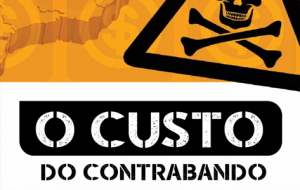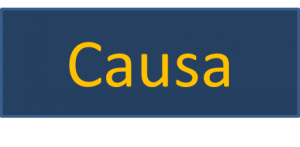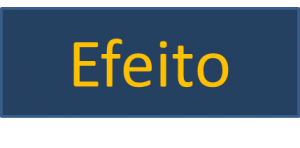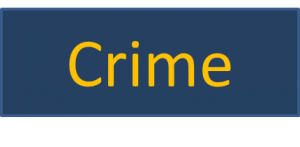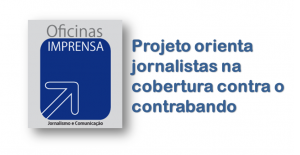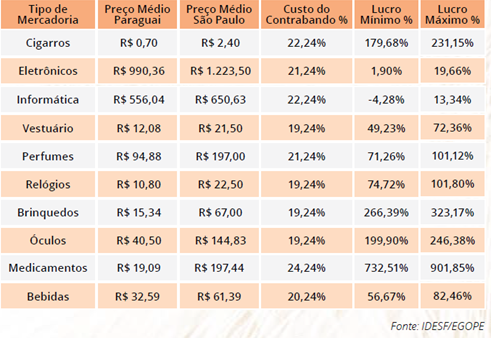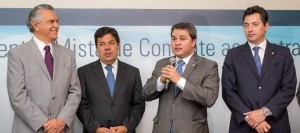 Balance released today (28) by the Ministry of Justice shows that between 2010 and 2015, actions against smuggling and embezzlement arrested, in operations such as Sentinela and Ágata, more than 10,3 people and 711 detailed terms were recorded. In the same period, 10,38 million packages of cigarettes, 748 thousand pharmaceutical products and medicines, 1.477 firearms, at least 168 thousand ammunition and 6,6 vehicles were recovered.
Balance released today (28) by the Ministry of Justice shows that between 2010 and 2015, actions against smuggling and embezzlement arrested, in operations such as Sentinela and Ágata, more than 10,3 people and 711 detailed terms were recorded. In the same period, 10,38 million packages of cigarettes, 748 thousand pharmaceutical products and medicines, 1.477 firearms, at least 168 thousand ammunition and 6,6 vehicles were recovered.
The data show that the number of inquiries launched to investigate the practice of smuggling and embezzlement grew more than four times between 2010 and 2014, from 1.109 to 4.692, respectively. The survey shows that between 2011 and 2015, 69 operations were carried out by the Federal Police to curb these crimes, resulting in the arrest of 597 people.
Despite the expressive growth of actions to combat smuggling and embezzlement in the last decade, the Minister of Justice, José Eduardo Cardozo, acknowledged that Brazil needs to improve security instruments and actions to prevent products from entering the country illegally.
“We have intensified actions through the Border Plan. But we are absolutely clear that it is necessary to improve what we are doing. If we look at the numbers in relation to what has been done, we see that the results are impactful and impressive ”, said Cardozo.
The fight against smuggling also managed to seize more than 442 thousand electronic products, including cameras, cell phones and the like.
The minister recalled that the country has 16 thousand kilometers of land borders and more than 8 thousand kilometers of sea borders. He added that in order to ensure that the entire area is inspected, even more coordination is needed between the security forces and also to establish a greater dialogue with neighboring countries.
In recent months, according to Cardozo, meetings have taken place with the Federal Police (PF) and Rodoviária Federal (PRF), in addition to the Ministry of Defense and the Federal Revenue Service to perfect the Border Plan.
“This is in line with how we can increase enforcement. With the vastness of borders that we have in Brazil, only the problem of smuggling with intelligence work is faced. For that, last year we bought five complete vehicle scans for the PRF and we are going to buy more this year, to even make donations to the border states ”, said the minister.
According to Cardozo, in addition to the devices that make it possible to make an “X-ray” of vehicles, unmanned aerial vehicles, known as vants, are being purchased to expand the inspection capacity of the security forces operating at the borders.
Source: Agência Brasil (28/05)



